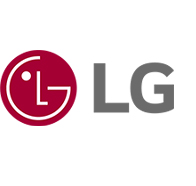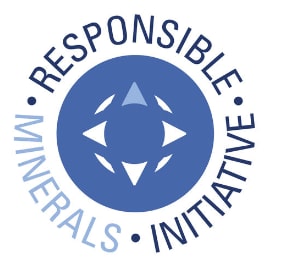LG Electronics is also a corporate member of the Responsible Minerals Initiative (RMI), an initiative of the RBA to support the sourcing of conflict free minerals. The RMI provides its members with the most up to date information on conflict-free smelters and refiners, tools for conducting due diligence, and offers a forum for exchanging best practices to address conflict-mineral, as well as broader responsible mineral sourcing issues. LG is also actively participating in various RMI working groups (Due Diligence Practices Team, Smelter Engagement Team, Minerals Reporting Template Team)
The RMI also operates the Responsible Minerals Assurance Process (RMAP), a program that uses third party independent auditors to validate that participating smelters and refiners have adequate policies and due diligence processes in place to trace the origin of the minerals that they process and assess whether they were obtained from conflict free sources. This program enables downstream companies, like LG Electronics, to more confidently source conflict free minerals and promote cross industry efforts to drive a conflict free global supply chain in the DRC and adjoining countries



